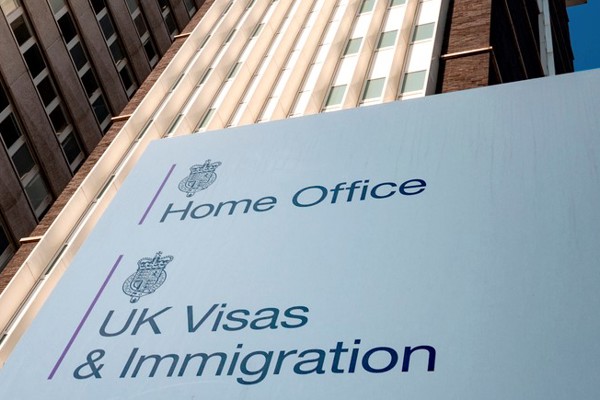Changes to the minimum salary threshold for Skilled Workers
There have been a number of news stories about the increase, and these have focused on the general threshold for work visas increasing to £38,700. However, a less well-known change was the decision to increase the going rate for all occupations eligible for a visa. Until now, the "going rate" has been the 25th percentile of UK salaries for a particular role (as compiled by the Office of National Statistics) but the changes mean the new "going rate" will be based on the median salary which is higher.
Key changes
As a result, much of our work over the start of 2024 has been helping businesses bring visa applications forward so they are considered under the current salary thresholds. On 14 March, the Home Office published their full statement of changes to the Immigration Rules, which will come into force on 4 April, and sets out the new going rates for each job type and the transitional arrangements for existing visa holders. The key changes are:
- While existing visa holders won’t need to meet the new thresholds when they stay in their current roles, they will have to meet a modified version of the old thresholds. The general threshold for existing visa holders will now be £29,000 and the going rates will increase to reflect the latest salary data.
- When someone moves to a new sponsor or applies for a Skilled Worker visa for the first time they will need to meet the new thresholds. In many cases these are considerably higher than those for existing Skilled Worker visa holders, for example, a software engineer with an existing visa applying for an extension or indefinite leave would need to be paid £36,300 but a new visa applicant would need to be paid £49,400.
- The shortage occupation discount for certain roles will be replaced by an Immigration Salary List which is more limited and as a result very few roles will qualify for a lower salary.
- The Home Office job categories are also being updated from the 2010 classification codes, prepared by the ONS, to the 2020 classifications. This may seem minor, but sponsors will need to ensure they use the correct codes moving forward and some codes are being split so the new codes do not exactly match the old codes.
Action HR teams can take now
The change will present a challenge for HR teams dealing with visa issues, but there are practical steps which can be taken now:
- Employers should consider the job categories they have previously sponsored or where they experience skill shortages. They can then map out the practical implications for their organisation against the new salary thresholds.
- Existing sponsored workers' salaries should be compared against the new modified thresholds for extensions and indefinite leave to remain. Where a salary is below the threshold it may be necessary to review whether a pay increase is possible, but it could also be an indication that the business' pay scales have not followed industry norms (which will be an issue for talent retention outside of immigration issues).
- Future recruitment should be considered against the new thresholds to consider:
a. Do current salary scales meet the new thresholds, and if not, should they be increased?
b. Are their particular roles which are no longer sponsorable in practice for an organisation? In some cases, the general threshold of £38,700 will be above the UK median for the role and a business will not be able to afford to sponsor someone.
4. Finally, consideration should be given to graduates. Graduates may benefit from a reduced rate, below £38,700 in some cases, but this is time limited and includes time spent on a Graduate Visa. A business should consider if their current pay scales will realistically allow a graduate to move to the full required salary threshold within the limited time period permitted under the rules.
Other changes
Although not related to work visas, a further change is coming into force on 11 April. From that date, any British national seeking to sponsor a non British or Irish partner to come to the UK will need to meet an increased annual income requirement of £29,000. The previous requirement of £18,600, which was set in 2012, will continue to apply to existing visa holders but those looking to apply for their first partner visa will need to meet the new thresholds. Further increases are planned for later this year and early 2025 but details remain unclear.
How we can help you
We can assist with this process. Since the changes have been announced, our team has spent a lot of time with spreadsheets and comparing existing salaries with the new thresholds and identifying employees that are at risk for visa extensions, and roles where a business needs to consider future recruitment issues that are likely to arise as a result of the salary increase. We’ve also been giving advice to recruitment teams, so they know the level of offer they would need to make to a candidate to ensure compliance with the new thresholds.
If you are looking for advice on the practical implications of these changes for your business, please get in touch.


